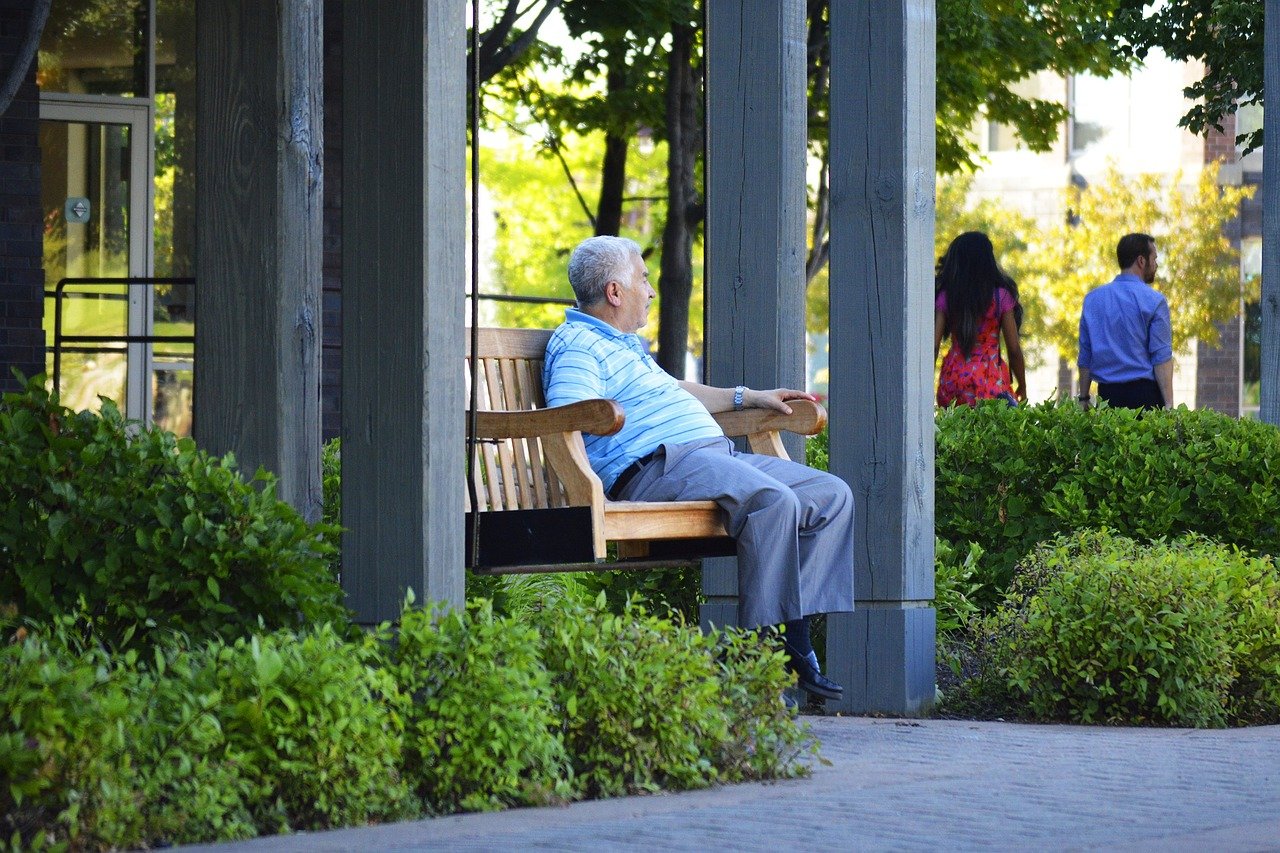 Blog
Blog
Introduction
Retirement marks a significant milestone in life, offering the opportunity to enjoy the fruits of decades of hard work. However, maintaining a healthy lifestyle during retirement is crucial to maximizing this phase. In today’s world, where life expectancy is increasing, and healthcare advancements are making it possible to live longer, healthier lives, the importance of staying healthy in retirement cannot be overstated. Historically, retirement was often viewed as a period of rest and relaxation, but recent developments emphasize the need for active and healthy living to ensure a fulfilling retirement. This article explores various dimensions of maintaining a healthy lifestyle in retirement, the challenges faced, and real-world examples of successful approaches.
Unpacking the Layers of a Healthy Retirement Lifestyle
Maintaining a healthy lifestyle in retirement involves several key components:
Physical Health
- Regular Exercise: Engaging in regular physical activity helps maintain mobility, strength, and cardiovascular health. Activities such as walking, swimming, yoga, and strength training are beneficial.
- Balanced Diet: Consuming a diet rich in fruits, vegetables, whole grains, and lean proteins while limiting processed foods and sugars supports overall health.
- Regular Check-ups: Keeping up with medical appointments and screenings helps catch potential health issues early and manage existing conditions effectively.
Mental Health
- Mental Stimulation: Keeping the mind active through activities like reading, puzzles, or learning new skills can help prevent cognitive decline.
- Social Connections: Maintaining strong social ties with family, friends, and community groups can enhance emotional well-being and reduce feelings of loneliness.
- Stress Management: Practices such as meditation, mindfulness, and hobbies can help manage stress and promote mental health.
Emotional and Spiritual Well-being
- Purpose and Fulfillment: Engaging in meaningful activities, volunteering, or pursuing passions can provide a sense of purpose and fulfillment.
- Spiritual Practices: For many, spiritual practices such as prayer, meditation, or attending religious services offer emotional comfort and community support.
These elements collectively contribute to a holistic approach to health, ensuring that retirees can enjoy their golden years to the fullest. For more detailed information on maintaining physical and mental health in retirement, visit Mayo Clinic.
Navigating the Challenges and Debates
While the benefits of a healthy lifestyle in retirement are clear, several challenges and debates surround this topic:
Access to Resources
- Healthcare Access: Disparities in healthcare access can affect retirees’ ability to maintain their health. Socioeconomic status, location, and availability of services play significant roles.
- Financial Constraints: Managing finances to cover healthcare costs, fitness memberships, and nutritious food can be challenging for some retirees.
Societal Expectations
- Cultural Norms: In some cultures, retirement is seen as a time to rest rather than remain active, which can influence behavior and attitudes toward health.
- Ageism: Societal attitudes towards aging can impact retirees’ self-esteem and willingness to engage in new activities or seek support.
Personal Motivation
- Changing Routines: Adapting to a new routine after years of structured work life can be difficult. Finding motivation to stay active and engaged requires effort and support.
- Health Conditions: Managing chronic conditions or disabilities can present additional challenges, requiring tailored approaches to maintaining health.
Addressing these challenges requires a combination of policy changes, community support, and personal initiative. For a deeper dive into these issues, explore this article on retirement health challenges.
Real-world Echoes: Case Studies and Applications
Consider the story of Jane, a 65-year-old retiree who embraced a healthy lifestyle by joining a local senior fitness group. Through regular exercise classes, Jane not only improved her physical health but also built a new social network, significantly enhancing her emotional well-being. Her story highlights the importance of community engagement and staying active in retirement.
Another example is Bob, a retired engineer who found purpose in volunteering at a local charity. This not only provided him with a sense of fulfillment but also kept his mind active and engaged. Bob’s experience illustrates how finding meaningful activities can contribute to a healthy and satisfying retirement.
These real-world examples demonstrate that with the right strategies and support, maintaining a healthy lifestyle in retirement is achievable and beneficial. For more inspirational stories and tips, visit AARP.
Conclusion
Maintaining a healthy lifestyle in retirement is a multifaceted endeavor that involves physical, mental, and emotional well-being. By understanding the importance of regular exercise, a balanced diet, mental stimulation, social connections, and purposeful activities, retirees can enjoy a fulfilling and healthy retirement. While challenges such as healthcare access, financial constraints, and societal attitudes exist, they can be navigated with the right support and mindset. Embracing the complexities of this journey and continuing the conversation about healthy aging can lead to more vibrant and rewarding retirement years.
Q&A Section
What are the key components of a healthy lifestyle in retirement?
Maintaining a healthy lifestyle in retirement involves regular physical activity, a balanced diet, mental stimulation, social connections, stress management, and engaging in meaningful activities.
How can retirees overcome financial constraints to maintain their health?
Retirees can look for affordable or free community resources such as senior centers, local fitness programs, and community gardens. Additionally, seeking out health insurance plans that cover preventive care and screenings can help manage costs.
What role does social connection play in a healthy retirement?
Social connections provide emotional support, reduce feelings of loneliness, and contribute to mental well-being. Engaging with family, friends, and community groups can enhance the quality of life in retirement.
How can retirees find purpose and fulfillment?
Retirees can find purpose and fulfillment by pursuing hobbies, volunteering, learning new skills, or engaging in activities that they are passionate about. This helps maintain mental health and provides a sense of accomplishment and satisfaction.
Need help? Let us know how we can match you. Find care providers at no cost to you
